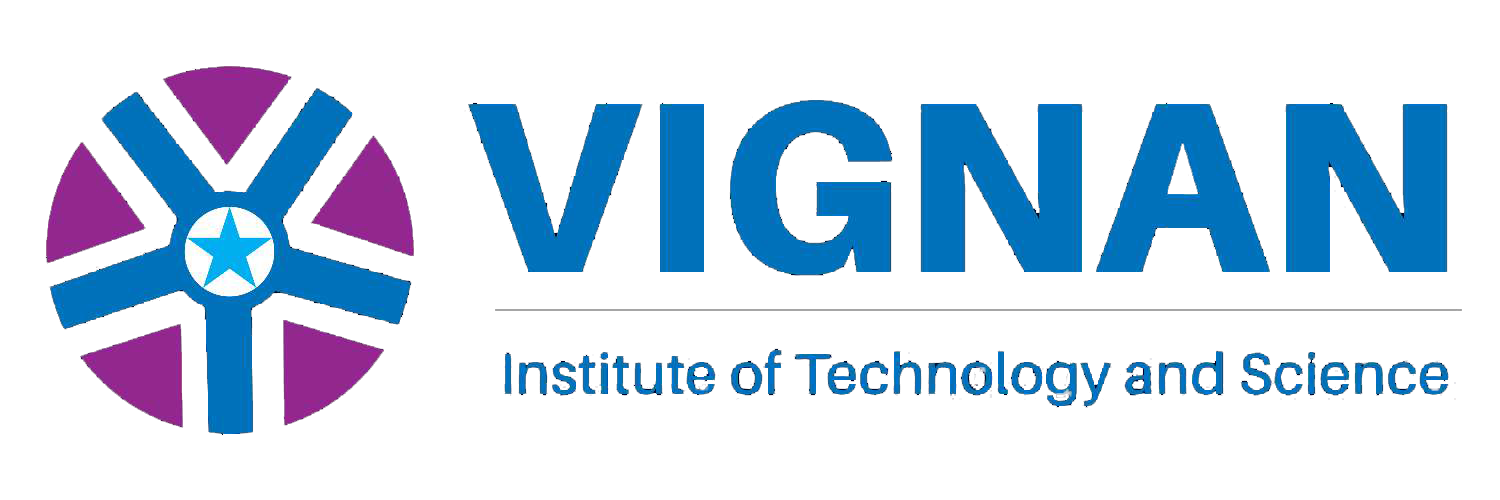Blockchain technology is a distributed database or electronic ledger that enables many parties to view blocks, which are a growing collection of digital records, simultaneously. It is a type of ledger that distributes and copies transactions among the network of involved computers.
Blockchain is a decentralized, undisputable database that makes it easier to follow assets and record transactions in a corporate network. An asset may be a physical thing (home, car, money) or an intangible property (intellectual property, patents, copyrights). In a blockchain network, anything of value may be logged and traded, slashing risk and increasing proficiency for all parties.
Although it was initially created to enable cryptocurrencies like Bitcoin, numerous other uses were identified for this technology, like supply chain management, digital identity verification, and smart contracts. With process simplification, the elimination of fraud and corruption, and an increase in trust and openness, it can alter whole sectors.
Blockchain technology is a structure for storing public transactional records (also called “blocks”) across various databases in a network connected by peer-to-peer nodes. This type of storage is frequently known as a “digital ledger.”
We can also describe the digital ledger as a network of computers sharing a Google spreadsheet where transactional data are kept according to actual purchases. A chain of blocks is created, with each block having a timestamp and a link to the one before it. This chain cannot be changed without the network’s agreement.
Every transaction in this ledger is authenticated and protected against fraud by the owner’s digital signature, which also serves to endorse the transaction. The intriguing aspect is that while everyone may view the data, nobody can alter the data. You can understand the concept of Blockchain in detail in CSE colleges in Hyderabad.
Benefits of Blockchain Technology
There are several benefits of Blockchain technology. Some of them are listed below:
- Decentralization
Blockchain allows the distribution of the data stored in that database across multiple network nodes in diverse places. It not only adds redundancy but also preserves the accuracy of the stored data.
The best part about Blockchain technology is that the other nodes would cross-reference one another and can immediately classify the individual who meddled with Bitcoin’s transaction history. This approach helps in creating an accurate sequence of events.
Decentralization is the distribution or dispersion of functions, powers, people, or things away from a central place or authority. It isn’t easy to understand, but crucial in today’s society.
Decentralization in the business context often refers to the transfer of power from top executives to middle managers and other team members lower on the organizational chart.
Devolution has many advantages, but the ones mentioned most frequently include better communication, enhanced employee empowerment, and improved flexibility and responsiveness.
Consider a business with a server farm of about 50,000 machines that it uses to maintain a database with all of its clients’ account information.
All of these computers are kept in a warehouse that belongs to this corporation, and it has complete authority over each of them and the data they hold. The only problem with this kind of thing is there is no redundancy for the complete data.
What would happen if the electricity at that place went off? What if the computer loses its internet connection? What if the place burns down? What happens if anyone deletes everything with a single keypress? All the information gets missing or damaged!
As a result, the data and history are irreversible. A blockchain may store multiple data, including legal contracts, state identifications, or a company’s goods inventory. Such a record may contain a list of important transactions.
- Transparency
Transparency is one of the most important features of decentralization. In a decentralized organization, all employees have access to information and decision-making procedures.
Because of this openness, workers are more inclined to trust one another and work together. Also, it enables workers to hold bosses responsible for their choices.
Due to the decentralized structure of the Bitcoin blockchain, all transactions may be transparently observed by utilizing blockchain explorers, which facilitates anybody to examine transactions as they happen in real-time or by owning a personal node. As new blocks get added and confirmed in the Blockchain, each node gets updated with the new information.
Naturally, the data kept on the Bitcoin blockchain is encrypted. It implies that only the record’s owner can decode the file and expose their identity. Blockchain users can therefore maintain their anonymity while maintaining transparency at the same time.
- Improved security:
Blockchain technology is very secure and resistant to fraud and cyberattacks because it uses cryptographic algorithms to safeguard transactions and prevent manipulation.
Security concerns have been raised by businesses everywhere over a variety of transactions. On the other side, blockchains ensure the safety and security of your transactions. Transactions that use end-to-end encryption are recorded in an untraceable way. It makes sure that hackers and fraudsters are unable to access your data.
Blockchain also dissolves the transaction history over numerous machines. The blockchain-enabled system, as a result, is considerably more protected than the traditional approach, in which all the data is housed on a single computer server.
- Trustworthy:
You may conduct business with any corporation with confidence thanks to blockchain technology. Blockchain is built on the premise that you don’t need a formal business relationship to share transactional data online.
Many of the organizations that blockchain connects you to are ones you would not have encountered while conducting a transaction in the real world. Furthermore, blockchain would allow you to share data and transactional details that you ordinarily wouldn’t feel comfortable doing.
- Efficiency:
The need for middlemen, such as banks or other financial organizations, can be reduced because of the use of blockchain technology, which can streamline procedures. It can lower transaction costs and boost productivity, especially in sectors with many intermediaries. As we already know, automation is a new trend. Because of Blockchain technology, the role of middlemen would get eliminated, which would reduce transaction costs and make the work more effective and efficient.
- Traceability:
Blockchain technology can follow the flow of products and services across the supply chain, enabling a level of traceability that may be important for compliance and regulatory requirements.
The origins of a product could be a little difficult to trace using standard transaction techniques. Yet, since the data was preserved as nodes in blockchain-enabled systems, you could easily follow your transactions. An audit trail can be used to identify an asset’s provenance.
You can also monitor the entire process to confirm the reliability and security of your transaction. The traceability function of blockchains makes it simple to find a product’s origin or any issues it may have had.
- Immutability:
With blockchain technology, data can be verified and stored, ensuring it has not been altered or tampered with. It is helpful in fields like healthcare, where it’s crucial to guarantee the accuracy of patient records.
A blockchain also has undeniable and end-to-end encrypted transactional data. In the context of blockchain, it refers to the capacity to keep track of each step completed during a transaction. Every transaction on the blockchain is accurately time- and date-stamped to maintain immutability.
As a result, data analysis and historical audit trails are simple. It could help you keep track of all the people engaged in the transaction process and spot any mistakes early so you can fix them right away.
Conclusion
Blockchain is finally establishing itself with several real-world services for the technology now being implemented and researched. There are IT engineering colleges in Hyderabad that teach Blockchain.
Blockchain, a buzzword on everyone’s lips as an investor in the country, promises to reduce middlemen while increasing accuracy, efficiency, security, and cost-effectiveness in commercial and government activities.

